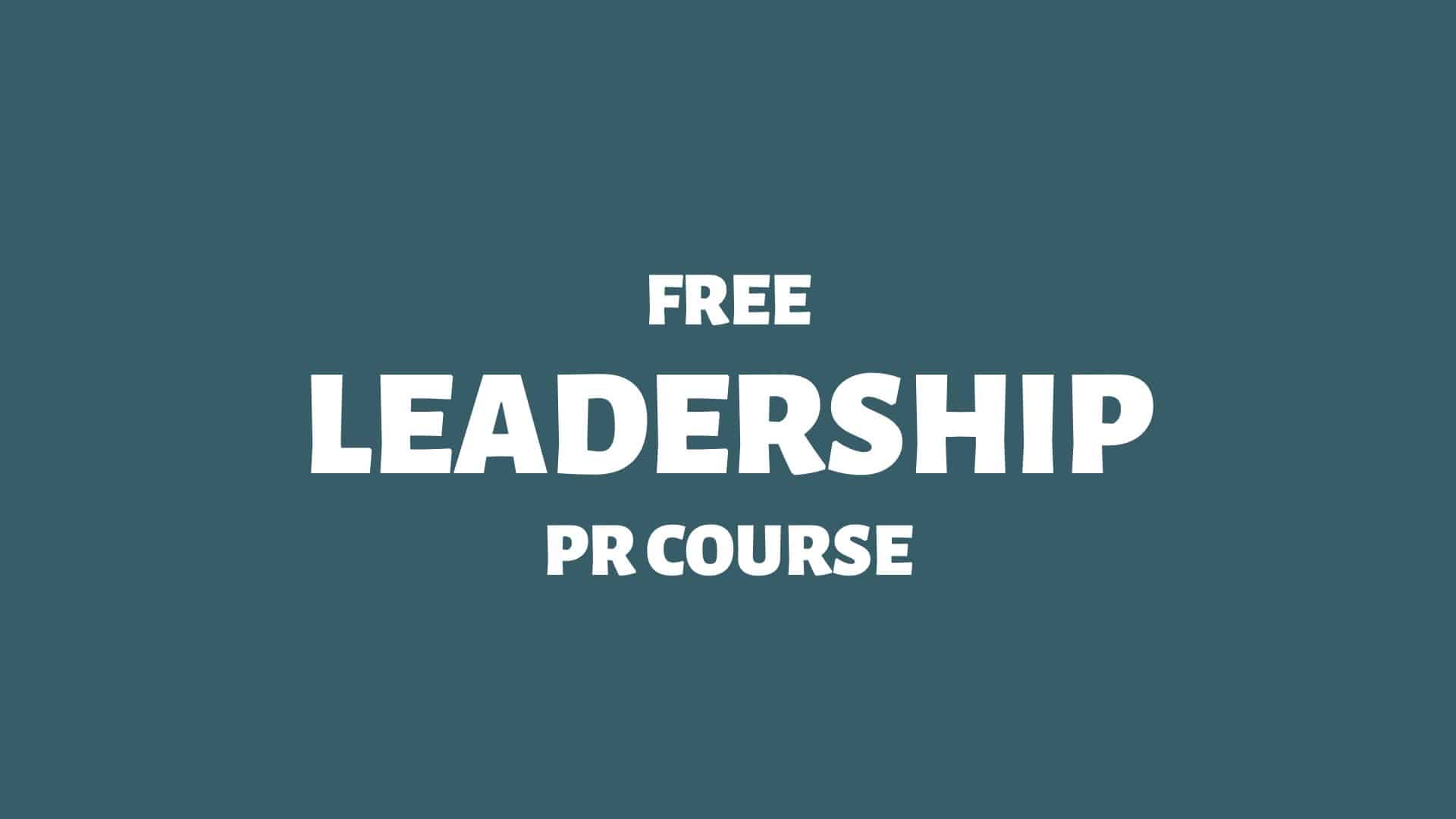Leaders must wield the Sword of Certainty wisely.
Being informed and granted a bigger picture is a typical leadership privilege. It grants the leader an extra buffer of power over the uninformed.
However, as the saying goes, “With great power comes great responsibility.”
Here we go:
The Psychological Weight of Uncertainty
At a military training ground, an instructor faced 20 fresh recruits. It was time for an early morning round of pushups. With a stern voice, the instructor commanded the recruits to the ground. “Down! Up! Down! Up!”
The instructor refused to reveal the number of pushups required, and the recruits felt their strength wane quickly under the psychological weight of uncertainty. “I wonder how many pushups he will have us do,” they all thought.
By the 18th pushup, half of the group had succumbed to the strain. The instructor, observing the ten weary soldiers, finally called a halt. The instructor left the lesson of the day unspoken.
The following dawn brought clarity. “Twenty pushups,” the instructor declared. This time, armed with knowledge and a goal, the recruits completed the task without faltering. The power of certainty had fueled their resolve.
On the third day, the instructor gathered the recruits. He unravelled the mystery of the first day’s trial, explaining his strategy to acclimate them to psychological discomfort and the ever-looming cloud of uncertainty. His lesson was clear: expect the unexpected and find strength in not knowing.
Once more, he ordered pushups without revealing the count. But this time, something had changed. The recruits, seasoned by their previous experiences, pushed through their limits. At the 30th pushup, the instructor decided to end the exercise. At that point, only four recruits had folded. 1Silfwer, J. (2013, May 3). 11 Evil Leadership Techniques. Doctor Spin | The PR Blog. https://doctorspin.net/leadership-techniques/
Information is Power
As a leader, disseminating information on a “need to know” basis isn’t necessarily a good communication strategy. “Do as many pushups as you can” isn’t enough context for maximising a team’s total number of reps. We’re all more or less uncomfortable with uncertainty.
Insecure leaders tend to keep information close to their chests to maintain an upper hand in relationships. However, even average leaders underestimate the information people need to manage a stressful situation.
In the example above, the recruits produced their best results on day three — without knowing the rules of the pushup exercise. Still, they could withstand the pressure of uncertainty because they had learned to trust that their leader was operating from a framework of certainty by then.
It’s a persistent — and unfortunate! — corporate myth that only a few people in any organisation deserve (or are capable of knowing and understanding) the “big picture.”
Lack of Information is Information, Too
Sometimes, a leader cannot access more information than anyone else. But at any given moment, this is only partially true.
When there’s an information deficit, the leader knows there is no more information. However, the people in the organisation don’t know whether they’ve been given all the information. This gap is often detrimental to internal communication.
Whether there’s an information deficit or not, the leader typically has a say in what happens next. For instance, a leader might know that if there’s no new information in the next hour, no specific actions will be taken. Insecure and average leaders think of such situations as “empty” of information.
Great leaders, however, will do everything they can to disseminate contextual information to as many co-workers as possible at any given time:
“In the next hour, there won’t be any new information, so there won’t be any new decisions, which means that in the next hour, we will be doing exactly what we’ve been doing now for the past hour.”
Having advised and coached executives on strategic communication for nearly two decades, I still haven’t seen a single leader ever having passed on too much relevant information.
It’s generally better to “over-communicate” (tolerable added effort) than “under-communicate” (substantial added risk).
If the information is relevant and presented confidently, “over-communication” is virtually impossible.
The Sword of Certainty
People understand that no one can know everything about everything. Few people expect leaders to be all-knowing. What they expect from leaders is certainty.
“Leaders’ influence increases with their sense of direction and clarity of communication, but power-hungry leaders may obfuscate messages for attention.”
Source: American Political Science Review 2Dewan, T., & Myatt, D. (2007). The Qualities of Leadership: Direction, Communication, and Obfuscation. American Political Science Review, 102, 351 — … Continue reading
Certainty is a sword of power to yield. Share your certainty, and you’ll create a stable organisation. Keep the information to yourself; the psychological weight of uncertainty will push your organisation’s results down.
Enter: Information Asymmetry
Information asymmetry is a psychological effect in which one party has more or better information than the other in a transaction or situation. It is a crucial concept in economics and game theory.
In economic terms, information asymmetry was extensively explored by George Akerlof, Michael Spence, and Joseph E. Stiglitz, who won the Nobel Prize in Economics in 2001 for analysing markets with asymmetric information. While their work is primarily in economics, the principles broadly apply to situations where unequal information distribution affects decision-making. 3Information asymmetry. (2023, December 11). In Wikipedia. https://en.wikipedia.org/wiki/Information_asymmetry
Information asymmetry is dynamic, where the informed advantage is sometimes good, sometimes bad.
“Information asymmetry negatively impacts performance in goods settings and positively in services settings, while information sharing has stronger favourable effects in consumer markets and is weaker in relationships over 6 years old.”
Source: Industrial Marketing Management 4Tong, P., & Crosno, J. (2016). Are information asymmetry and sharing good, bad, or context dependent? A meta-analytic review. Industrial Marketing Management, 56, 167 – 180. … Continue reading
Learn more: Information Asymmetry (Informed Minority Advantage)

THANKS FOR READING.
Need PR help? Hire me here.

PR Resource: Communicative Leadership
Spin Academy | Online PR Courses

Spin’s PR School: Free Leadership PR Course
Take advantage of this Free Leadership PR Course to sharpen your public relations skills and become a confident and influential leader in any industry.
Leadership Theory
Communicative Leadership
Bonus Articles
Learn more: All Free PR Courses
💡 Subscribe and get a free ebook on how to get better PR.

Annotations
| 1 | Silfwer, J. (2013, May 3). 11 Evil Leadership Techniques. Doctor Spin | The PR Blog. https://doctorspin.net/leadership-techniques/ |
|---|---|
| 2 | Dewan, T., & Myatt, D. (2007). The Qualities of Leadership: Direction, Communication, and Obfuscation. American Political Science Review, 102, 351 — 368. https://doi.org/10.1017/S0003055408080234 |
| 3 | Information asymmetry. (2023, December 11). In Wikipedia. https://en.wikipedia.org/wiki/Information_asymmetry |
| 4 | Tong, P., & Crosno, J. (2016). Are information asymmetry and sharing good, bad, or context dependent? A meta-analytic review. Industrial Marketing Management, 56, 167 – 180. https://doi.org/10.1016/J.INDMARMAN.2015.11.004 |


